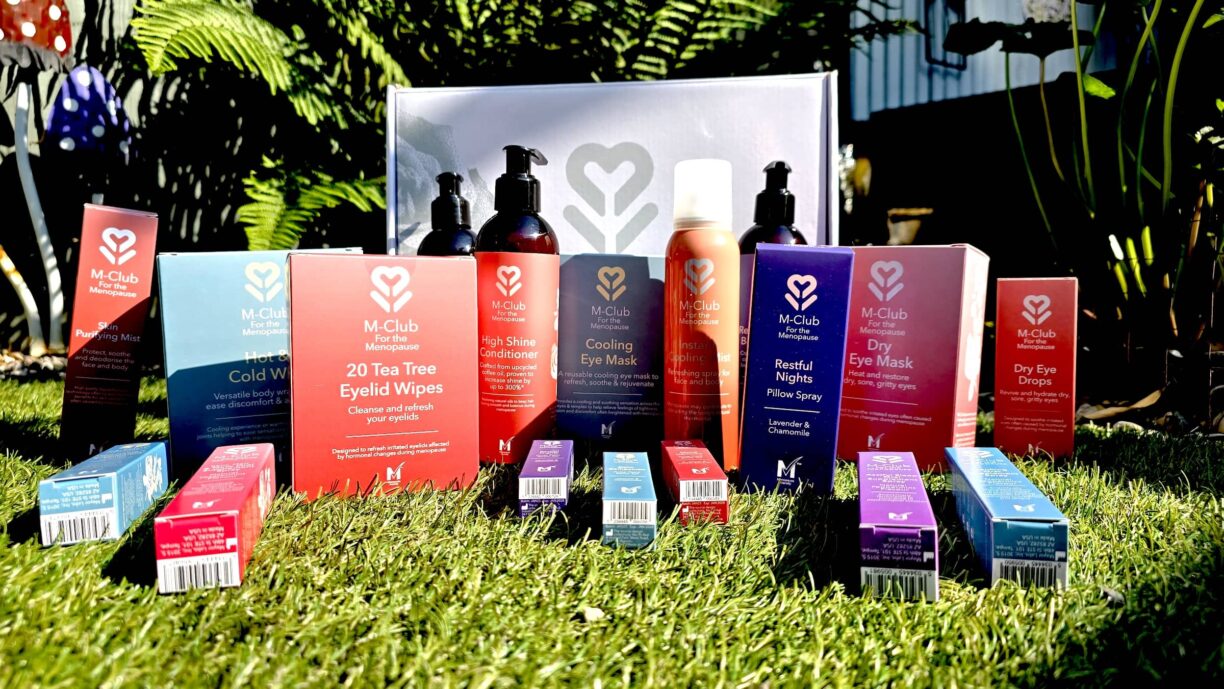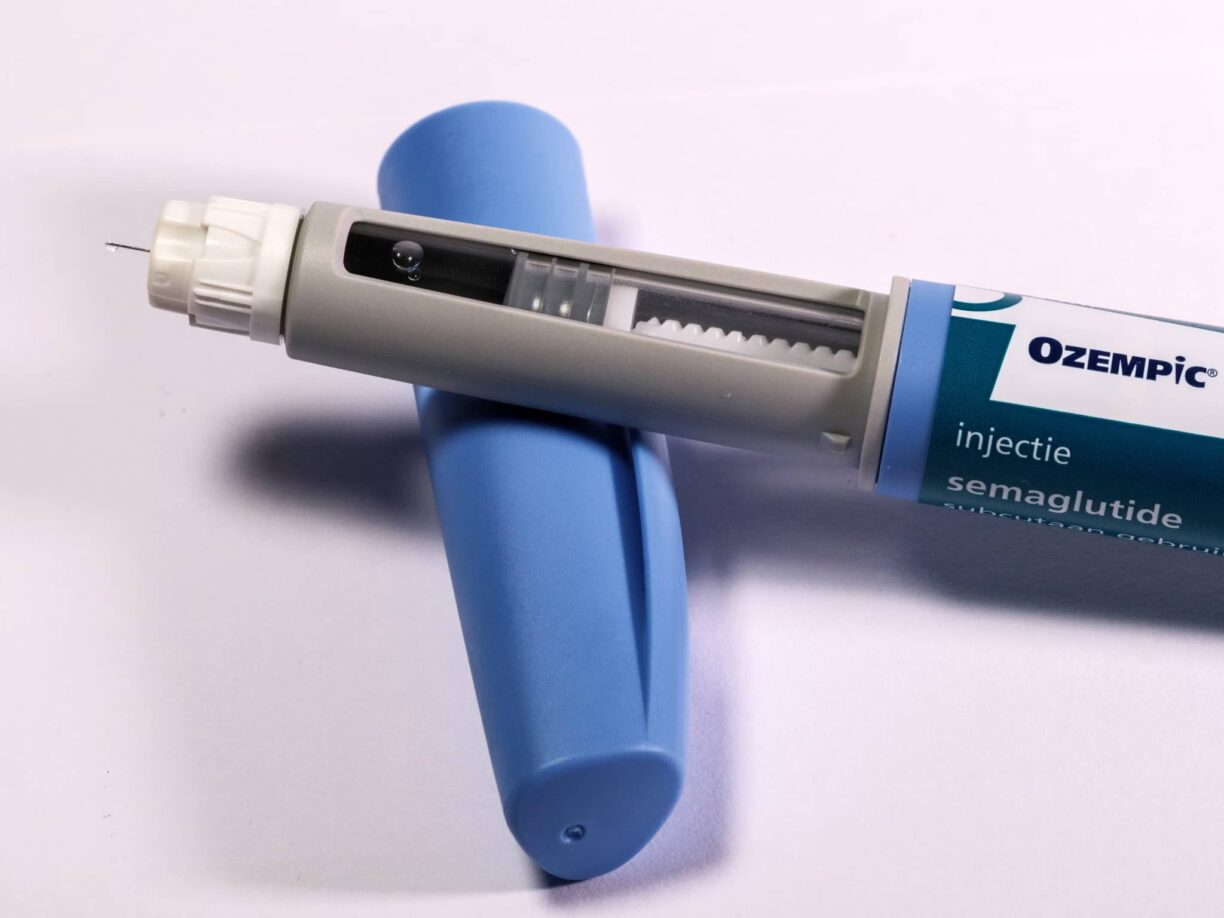The link between mental health and nutrition is underestimated, however increasing evidence suggests that good nutrition can significantly support mental health.
The food we eat can impact a number of mechanisms involving neurotransmitters, hormones and other biological processes in the body.
To help people better understand the effects of our diet on our mental health, James Collier, Head of Sustainable Nutrition at Huel, explains the ways in which food affects our mood and how we can use this knowledge to take better care of ourselves.
Why does bad food give us the most pleasure?
“Starting with why we eat, the hunger hormone ghrelin tells our brain it’s time to seek out more food when our stomach is empty. It does this by stimulating the release of dopamine, a neurotransmitter that gives rise to positive feelings of pleasure.
We’re all familiar with the pleasure rush dopamine gives us, such as when we treat ourselves to a purchase we’ve wanted for ages, or get excited to go on holiday. However, dopamine’s most important role in the body is to motivate us to eat.
It causes us to seek pleasure and start ‘hunting’ for food, which these days is running to the snack cupboard for a chocolate biscuit! Not only this, but dopamine causes our brain to remember how pleasurable the chocolate biscuit was, causing us to want to eat it again and ultimately chasing foods that give us the highest dopamine surge.
That’s why, when we feel stressed or sad, we seek foods that will give us the most pleasure and comfort eat.”
James’ top tip: Try incorporating turmeric into your diet, such as in curries or even a latte. It’s active ingredient, curcumin, has been found to increase levels of dopamine.
And if you are finding yourself reaching for the biscuits too often as your body tries to chase down a dopamine surge, then it is worth relooking at what you’re eating more generally in the day.
Opting for satiating foods at lunchtime – for example high protein and high fibre dishes like Huel’s Hot & Savoury range – will help keep ghrelin, the hunger hormone, at bay.
Healthy gut, happy you
“Serotonin is another hormone and neurotransmitter that helps to regulate mood and is linked to feelings of happiness.
It’s possible for some of us to have lower levels of serotonin, due to aspects such as our genetic make up or adverse life events, however good nutrition can be beneficial in increasing serotonin levels and stabilising moods.
Foods rich in omega-3 fats, low-GI carbs and soluble fibre have been shown to increase serotonin levels.
“Not only this, but low GI foods will give you sustained energy and stabilise your mood throughout the day, rather than high GI foods (like cakes and sweets) which will make both your energy and mood crash.
Recent evidence has also found that most of the serotonin in our bodies is produced in the nervous system, such as that of the intestines.
This is partly linked to the gut microbiome, so looking after this with soluble prebiotic fibres and probiotics could have a bigger impact on your happiness than you may think.”
James’s top tip: For a hit of omega-3 fat, low-GI carbs and soluble prebiotic fibre in one meal, try a mix of chia seed and oat porridge for breakfast, or salmon, lentils and green beans for dinner. Alternatively, one serving of either Huel v3.0 or Huel Black Edition tick all these boxes.
De-stress eating
“Magnesium’s main function in the body is energy regulation, muscle and nerve function. However, there is some evidence to suggest it plays a role in regulating stress too.
Low levels have also been associated with anxiety, whilst those who have been found to supplement with magnesium have shown mood stabilising effects.
Interestingly, one study found that students undergoing stressful exam conditions had increased amounts of magnesium in their urine, suggesting that magnesium plays a role in the body’s stress response and levels are ultimately left lower.
Scientists agree more research is needed, but as dietary intake of magnesium has been shown to be insufficient in Western populations, there’s no harm in upping our intake.”
James’s top tip: The UK RDA for magnesium is 300mg for men and 270mg for women. A versatile 50g serving of spinach contains around 40mg, one avocado provides 58g and one serving Huel Hot & Savoury packs a whopping 94mg.
It’s important to remember that our bodies and minds are like machines and they simply can’t function at their best if not getting the right fuel.
This fuel comes in the vitamins and minerals that we need to keep ourselves healthy, and importantly by staying hydrated to aid these mood-boosting nutrients being delivered to the brain.
It can be a struggle to keep up the inclusion of all these nutrients in our diets every day, let alone sure hitting our RDA’s.
Huel can help tick off the recommended intake of omega-3 fat, low GI carb, fibres, magnesium and more, as it contains all 26 essential vitamins and minerals that the body requires.
It’s ideal for those tricky meals when it’s hard to find the time, motivation or money to prepare a nutrient-dense meal from scratch.
Whether it’s a Huel Black Powder in Coffee Caramel for breakfast, Huel Hot & Savoury Mexican Chilli for lunch or a quick Raspberry & White Chocolate snack bar on the go, Huel products give plenty of options.
Available exclusively at www.huel.com





